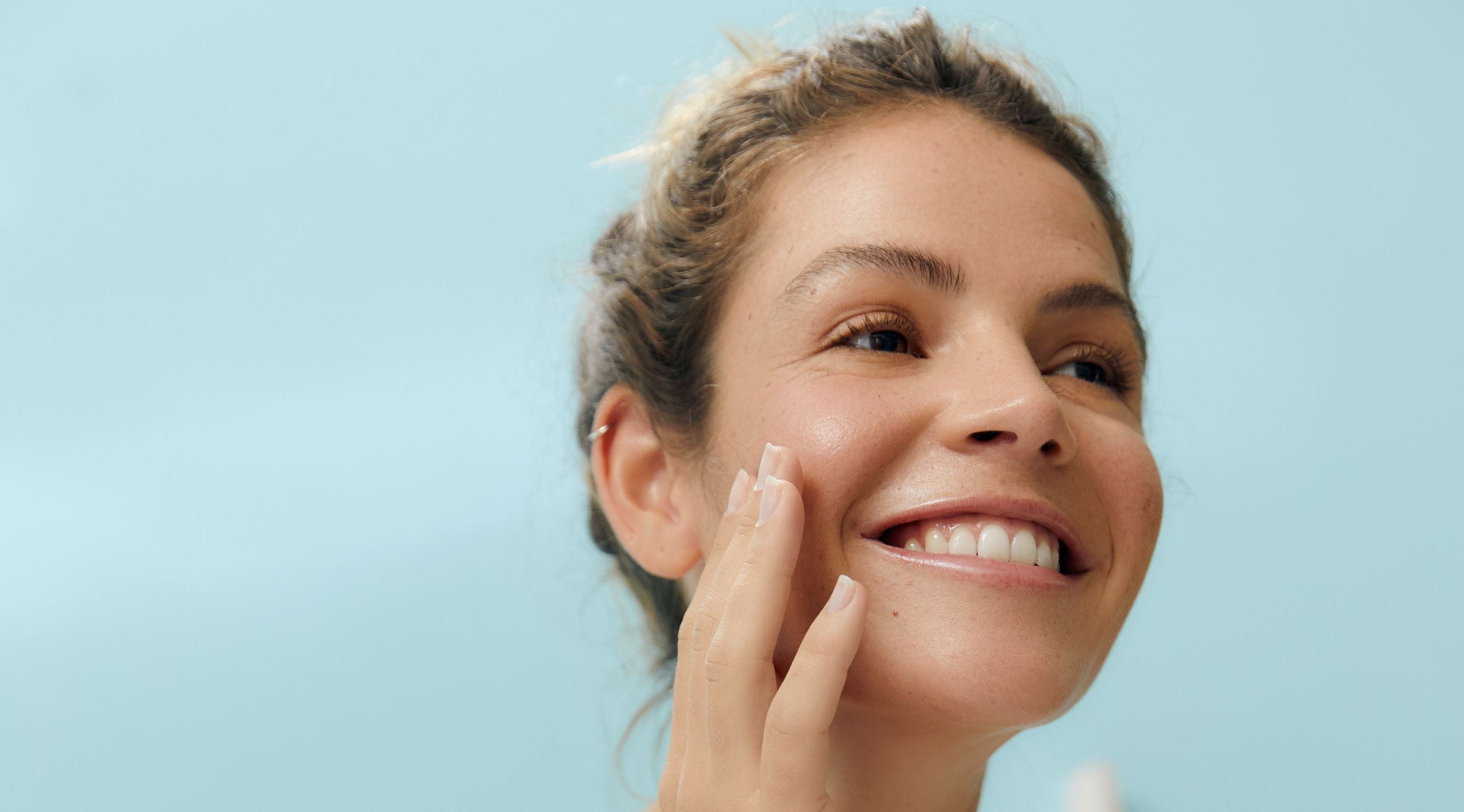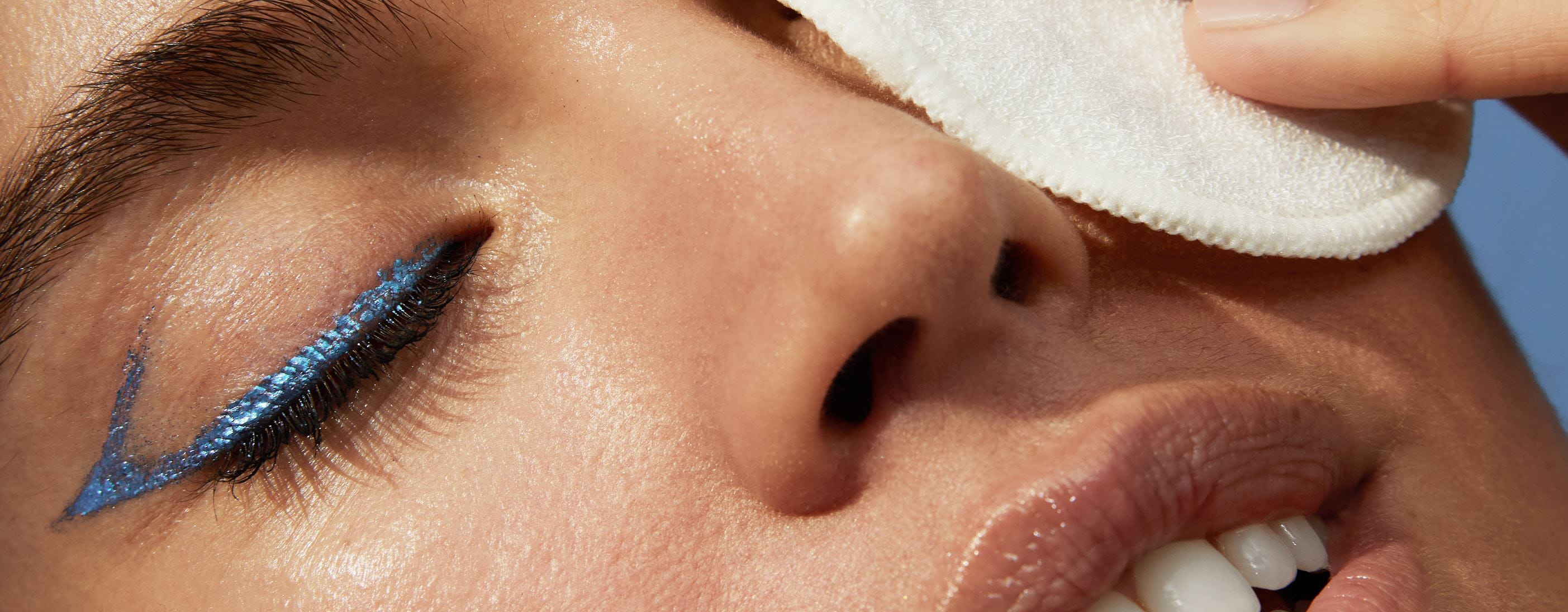
How to Cleanse Your Face: Benefits and Routines
The benefits of face cleansing, routines, and recommended products for a healthy-looking skin
Whats in the article?
Why is it important to cleanse your face?
How often do you clean your face?
Cleansing your face twice daily is recommended - once in the morning and once at night.
Morning: Cleansing your face in the morning helps to remove sweat, oil, and impurities that your skin accumulated overnight.
Evening: Cleansing in the evening is essential to remove makeup, dirt, and pollutants from the day, and ensure your skin can repair and regenerate in the best possible way while you sleep.
However, note that the frequency of face cleansing may depend on your skin type and lifestyle. For example, if you have very dry or sensitive skin, cleansing once daily in the evening may be sufficient.
Morning: Cleansing your face in the morning helps to remove sweat, oil, and impurities that your skin accumulated overnight.
Evening: Cleansing in the evening is essential to remove makeup, dirt, and pollutants from the day, and ensure your skin can repair and regenerate in the best possible way while you sleep.
However, note that the frequency of face cleansing may depend on your skin type and lifestyle. For example, if you have very dry or sensitive skin, cleansing once daily in the evening may be sufficient.
Step-by-Step Face Cleansing Routine
Achieving healthy-looking, glowing skin requires a consistent skincare routine tailored to your needs. Here’s a consolidated guide for both morning and evening routines:
Facts Overview
How to cleanse your face
What to cleanse your face with?
When washing your face, choosing a cleanser that suits your skin type and addresses any specific concerns you may have is important. Here are some common types of facial cleansers:
Serum-Infused Micellar Water
NIVEA serum-infused micellar waters are a triple action range, designed to effectively remove makeup, cleanse the skin, and apply serum:

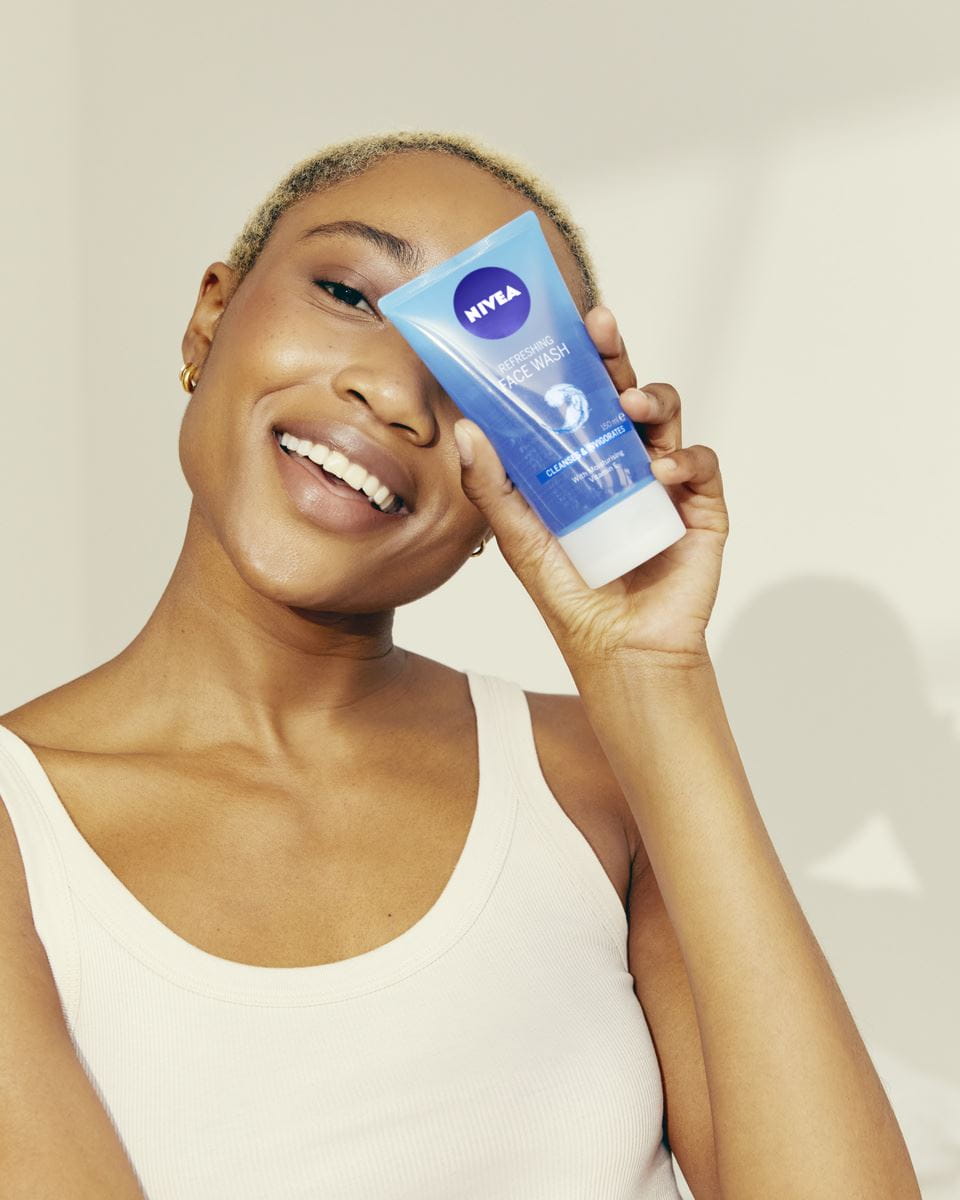
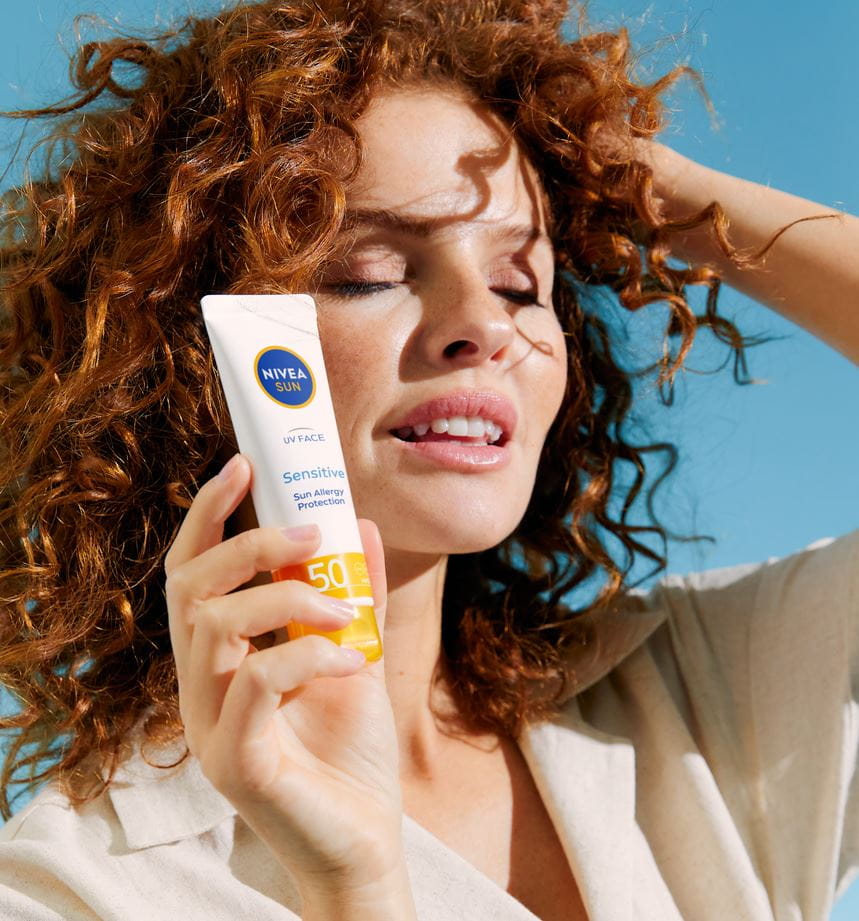
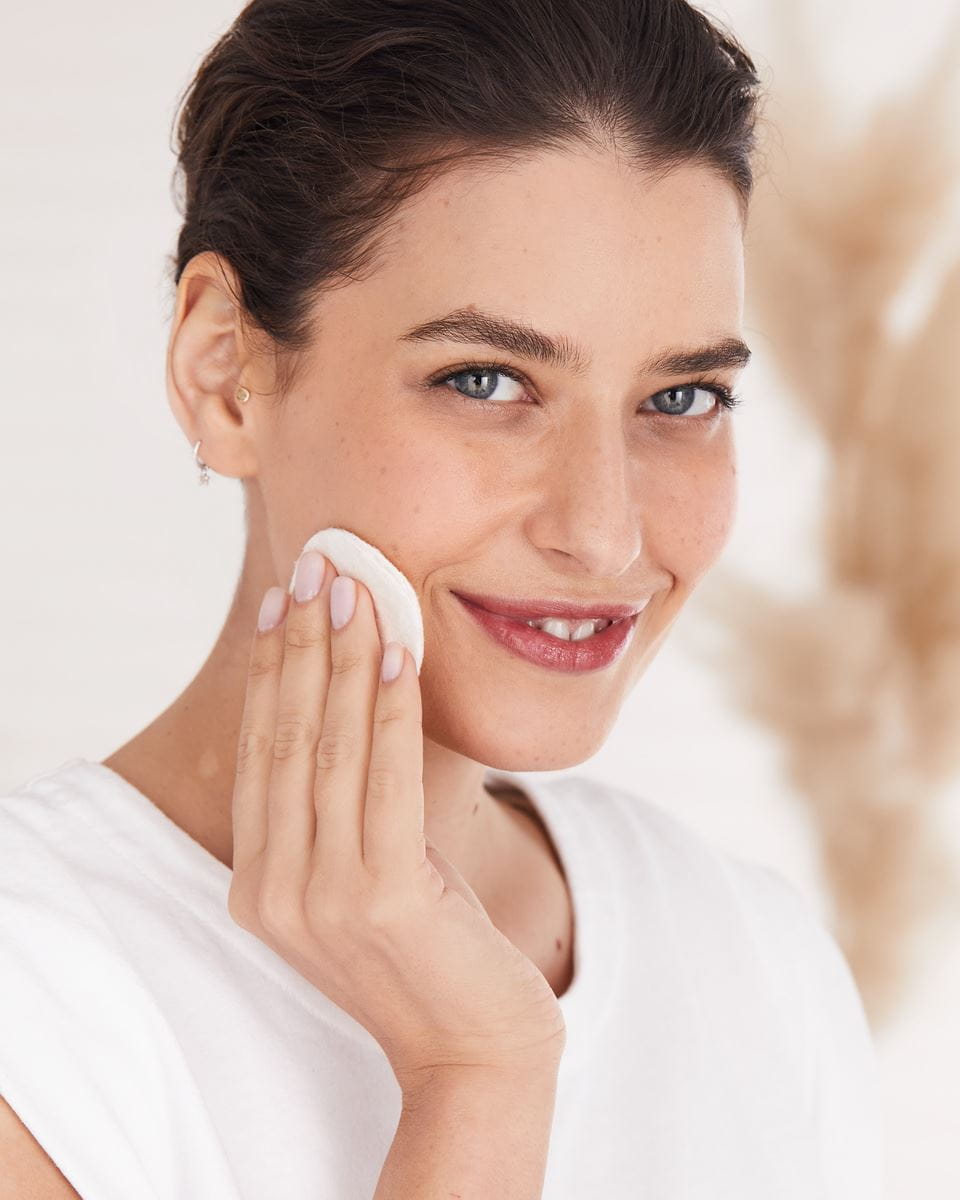

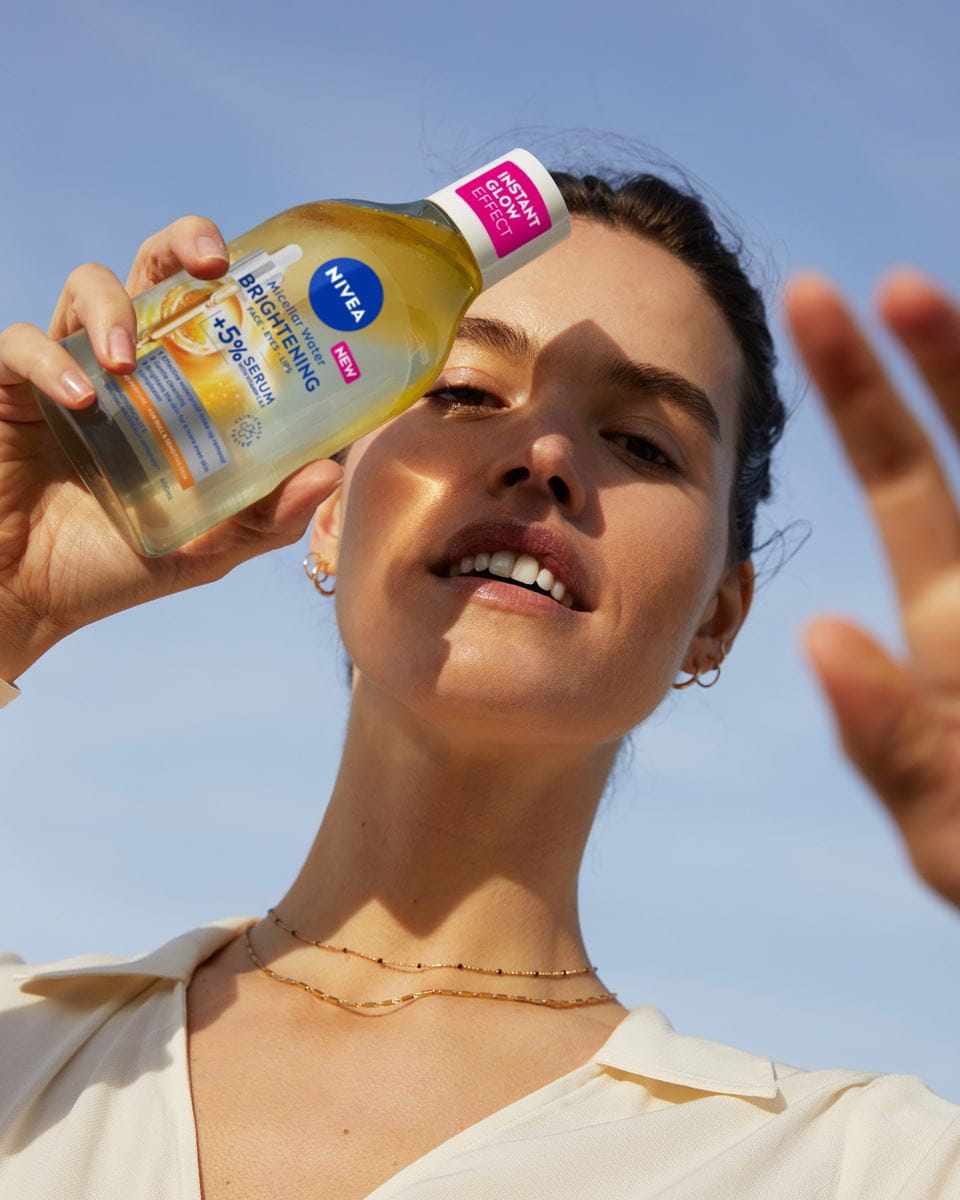
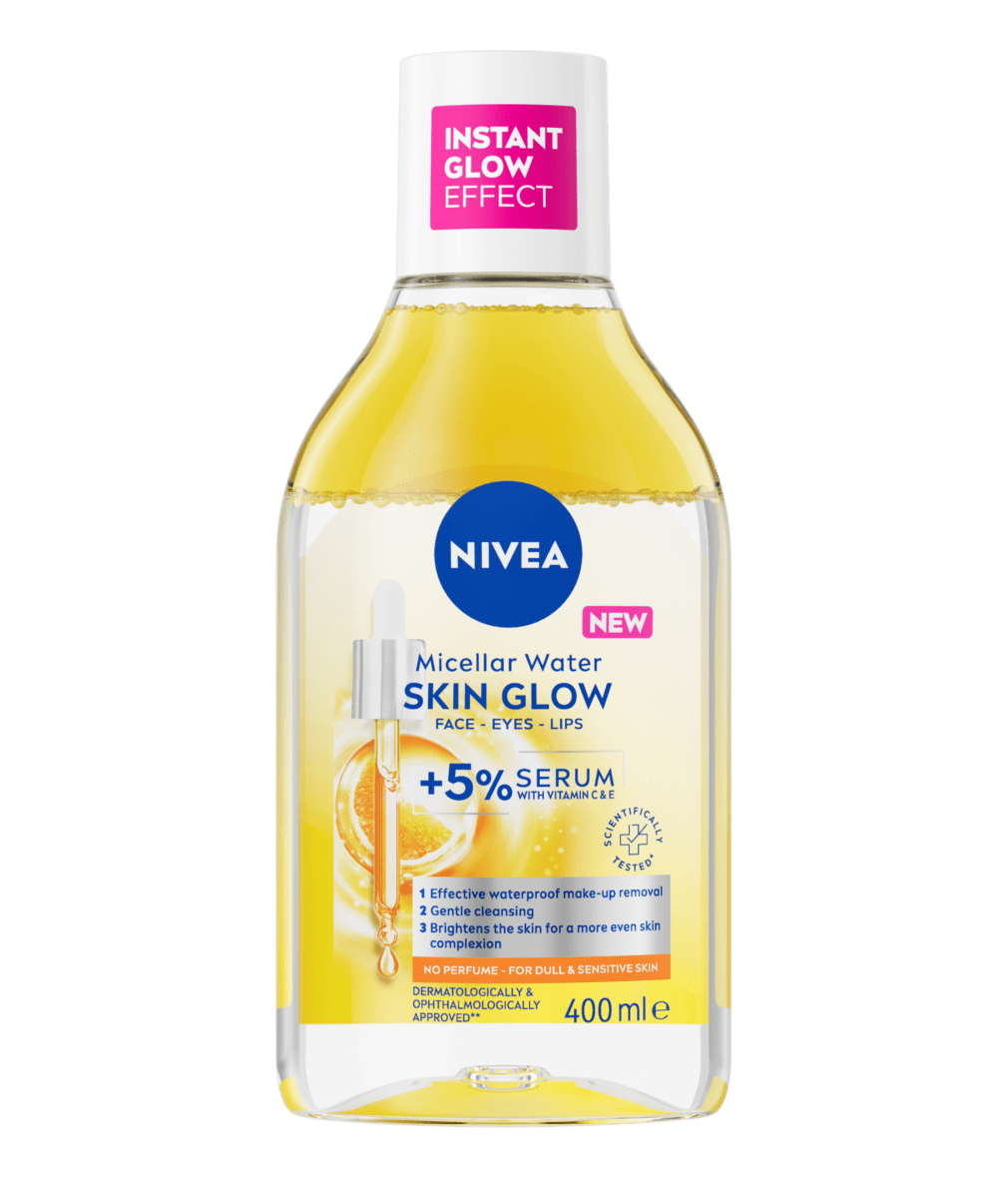
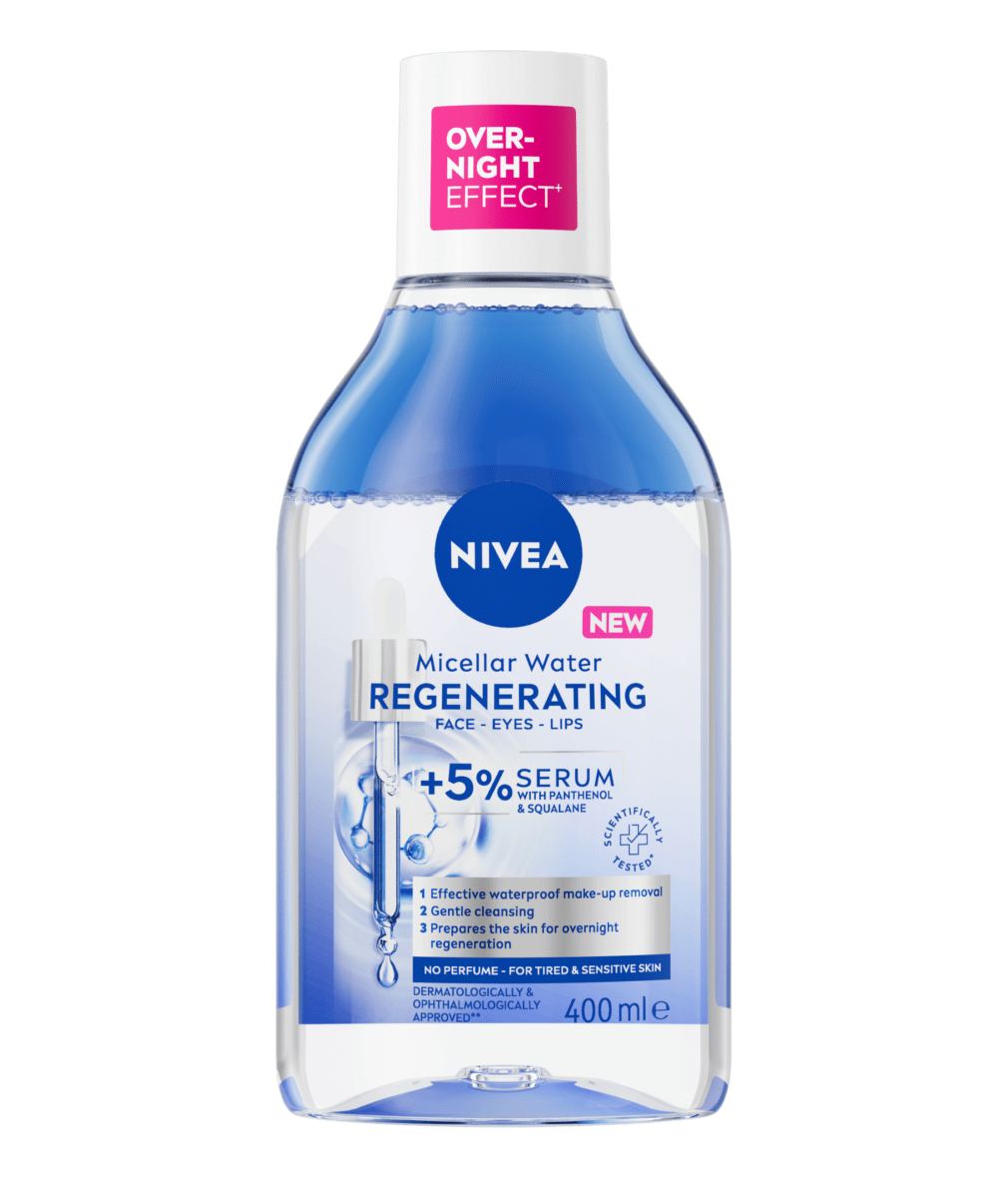
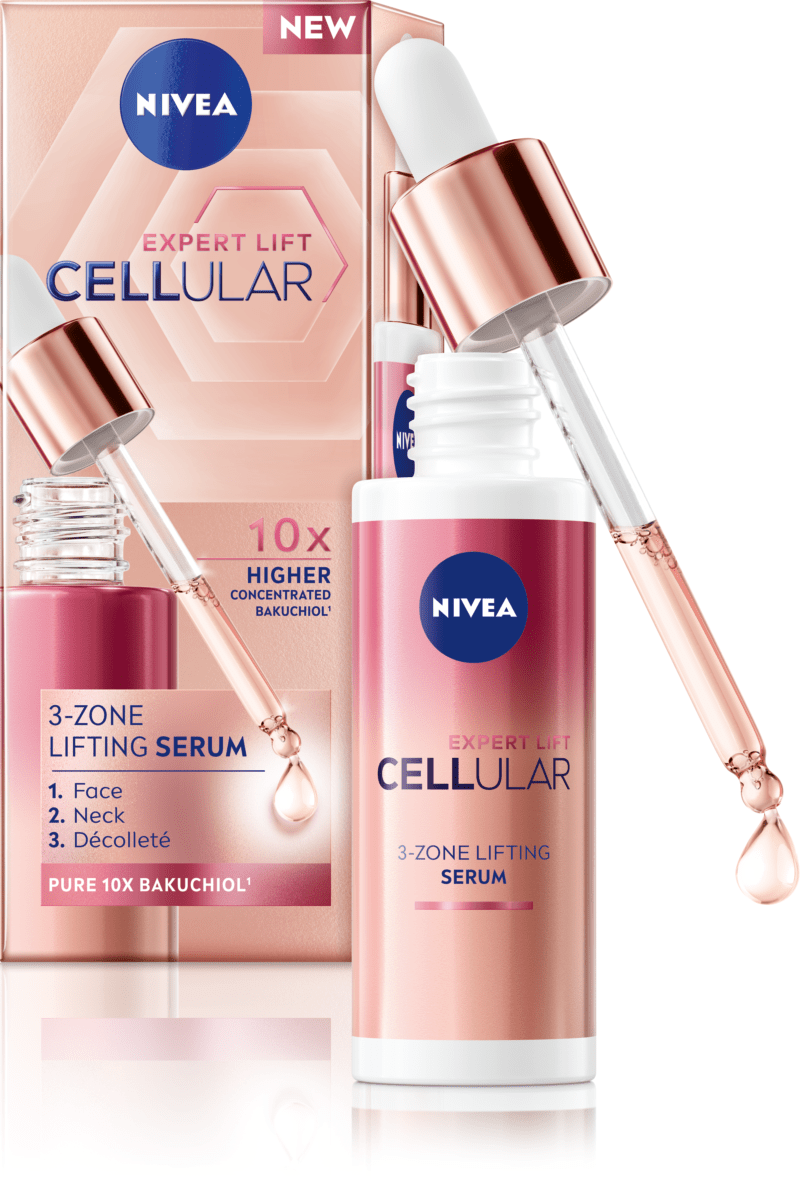
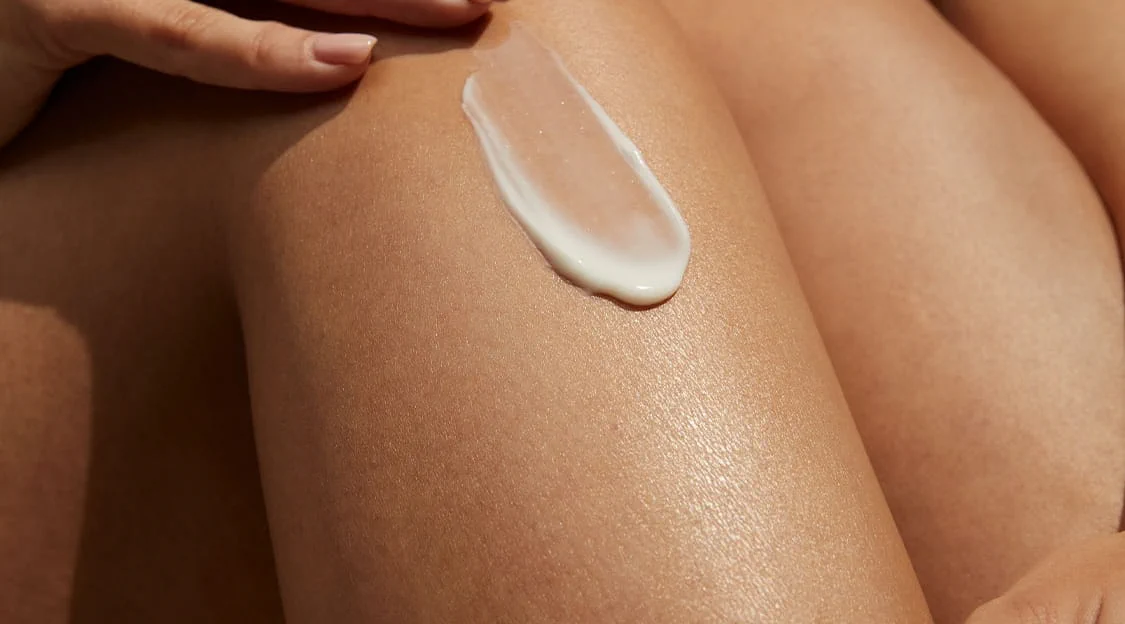
.jpg?rx=0&ry=889&rw=2807&rh=1557&hash=91E592A213841AD025659EBFA3A88910)
